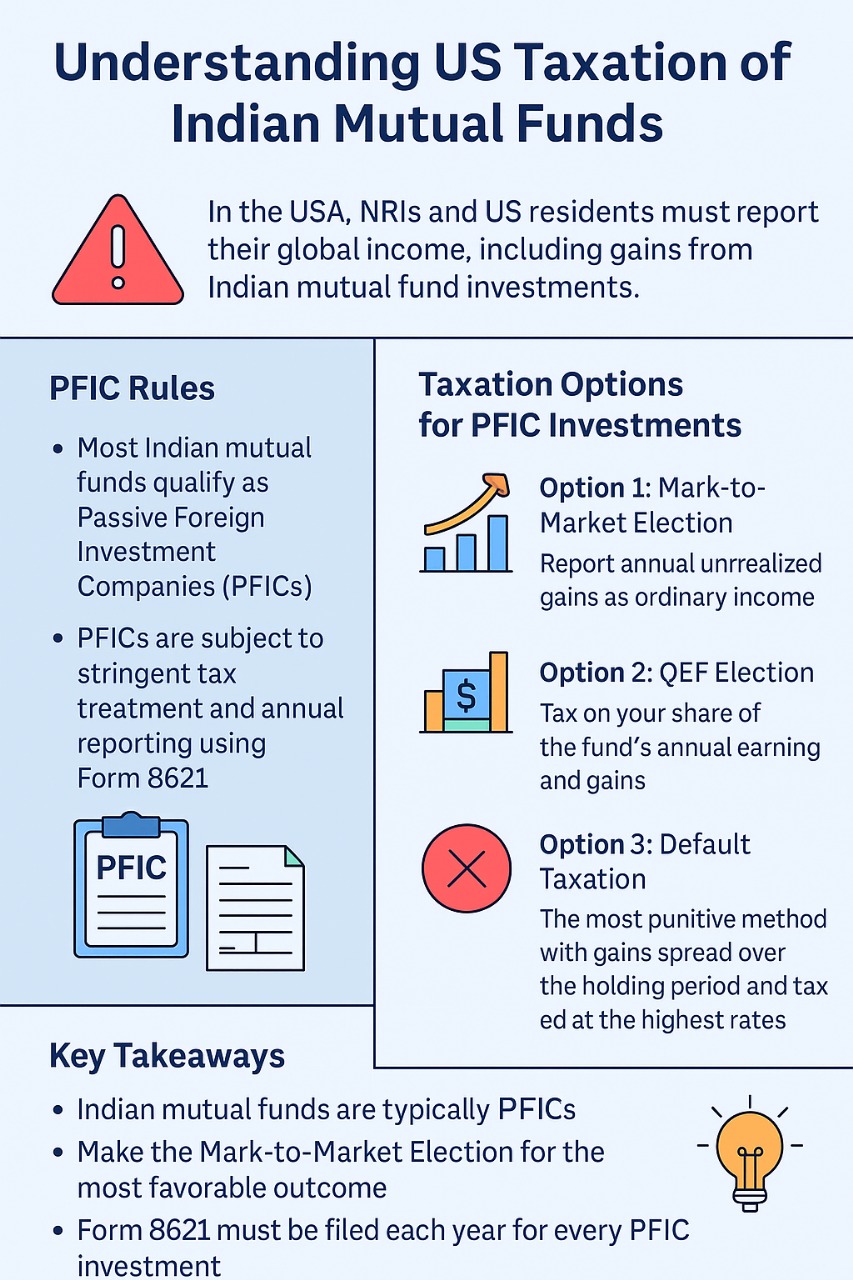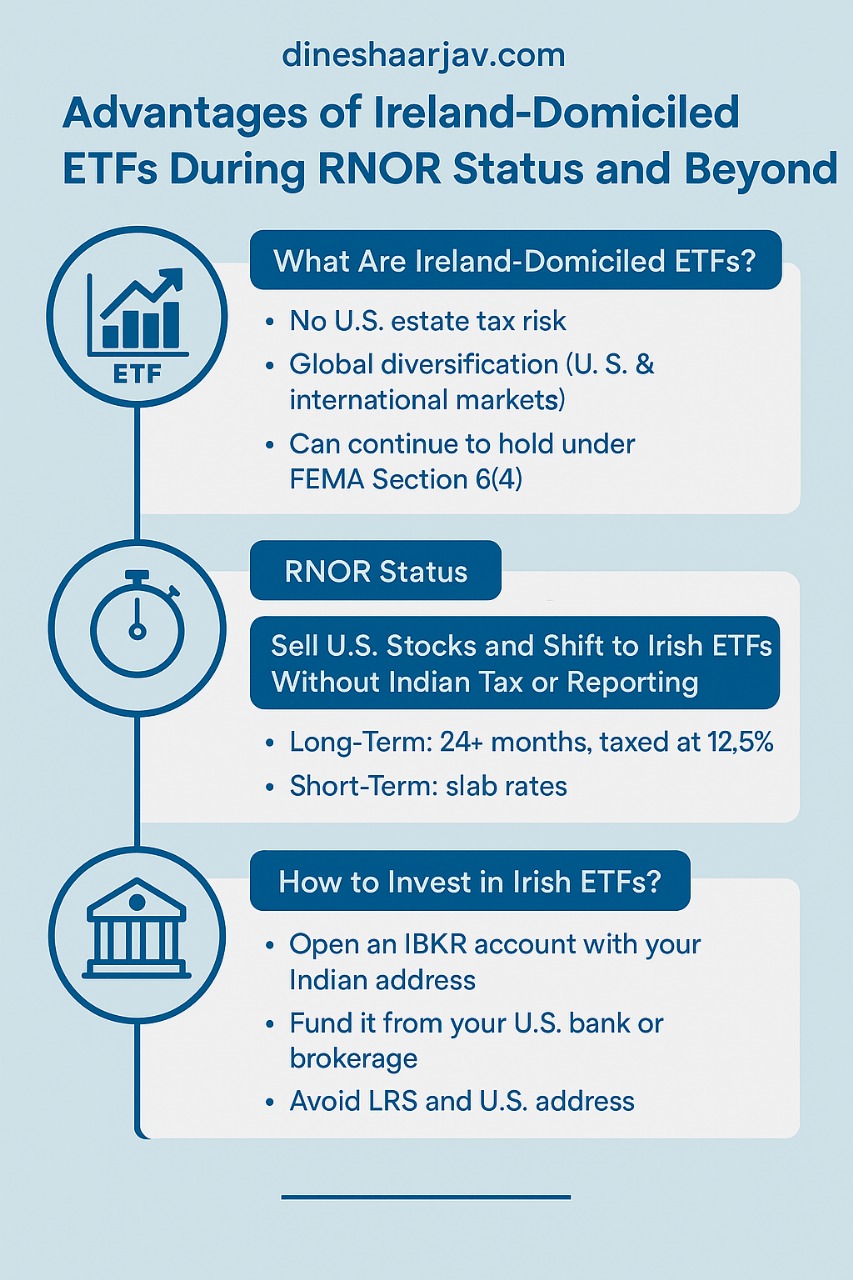 WhatsApp
WhatsApp
 Call Us
Call Us
 Email Us
Email Us
 Whatsapp Community
Whatsapp Community

The Indian government has recently amended the long-term capital gains (LTCG) tax rules for unlisted shares held by Non-Resident Indians (NRIs). Previously, NRIs were required to pay a 10% tax on any capital gains realized from the sale of unlisted shares without the benefit of indexation. However, with the new amendment to the Finance Bill 2024, the tax rate has been increased to 12.5%, and the proposed benefit of foreign currency adjustment has been removed. This adjustment was initially included in the Budget 2024 proposals presented on July 23, 2024, but has since been revoked.
Before the introduction of Budget 2024, NRIs investing in unlisted Indian shares faced a 10% tax rate on LTCG without any foreign currency adjustment or indexation benefits. The Budget 2024 proposed an increase in the LTCG tax rate to 12.5% for all asset classes, including unlisted shares, and initially included a foreign currency adjustment benefit. However, the recent amendment has removed this adjustment, leaving NRIs to pay a higher tax rate of 12.5% without any adjustments for currency fluctuations.
The increase in the LTCG tax rate from 10% to 12.5% represents a 25% hike in the tax burden for NRIs. This change aligns NRIs with resident investors, whose LTCG tax rate has been reduced from 20% with indexation to 12.5% without indexation. However, this parity may lead to reduced returns for NRIs on their investments in unlisted Indian shares, especially when considering the absence of the foreign currency adjustment benefit.
Certainly! Suppose an NRI purchased 10,000 unlisted shares at Rs 20 each when the USD-INR exchange rate was 50. The total investment in INR was Rs 2,00,000, which equates to USD 4,000. After three years, the NRI sells the shares for Rs 30 each, earning Rs 3,00,000 in total. The capital gain is Rs 1,00,000, and under the new LTCG tax rate of 12.5%, the tax payable would be Rs 12,500. Previously, under the 10% tax rate, the tax payable would have been Rs 10,000. The increase in tax outgo by Rs 2,500, combined with currency conversion costs and potential currency depreciation, could significantly reduce the overall returns from the investment.
The new LTCG tax rules bring NRIs on par with resident investors, but the removal of the foreign currency adjustment and the 25% increase in the tax rate may negatively impact the returns of foreign investors on their investments in India. The increased tax liability and potential currency depreciation could make unlisted Indian shares less attractive to NRIs, affecting their investment decisions







Stay in the loop, subscribe to our newsletter and unlock a world of exclusive updates, insights, and offers delivered straight to your inbox.